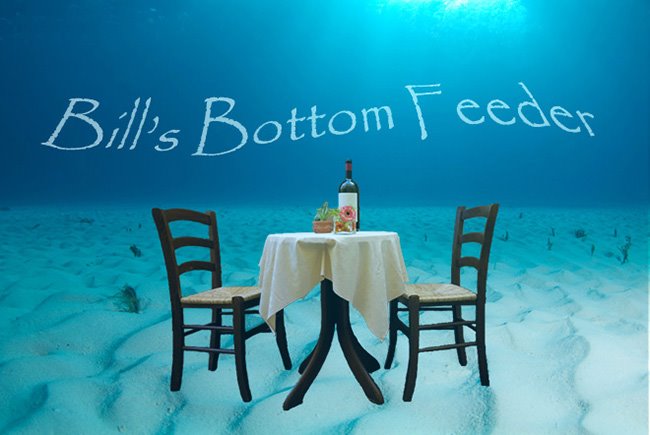Happy Ides of March!
Beware, beware…
Pop Question/Quiz: Who
wrote “The Three Musketeers”?
Correct. Next question: Who created
“From Absinthe to Zest”? Get that
one? Answer: it’s the same person! Alexandre Dumas. Apparently Alex was quite the gastronome (at
least in his own mind) and he wrote “Le Grande Dictionnaire de Cuisine” which
was published posthumously in 1873, three years following his death. He wrote the dictionary “to be read by the
sophisticated and practitioners of the art”.
The good folks at Penguin books extracted this portion and published
"From Absinthe…" It’s one of those books
that you lose and then find and start reading.
This little 100 pager was a Christmas gift from a cherished friend, and I
picked it up a bit ago.
Despite all this, it is a very pleasurable book to read, and
I recommend it highly to anybody with an interest in reading about classic late
19th century French cuisine.
There is quite a bit of interesting facts and notes.
Another book I have enjoyed is called “Love in a Dish” a
collection of essays and articles (most from the now defunct Gourmet magazine)
by M.F.K. Fisher (1998 – 2002). Any
foodie worth salt will know she was a legendary food writer. I very much enjoy her style, full of sensuous
descriptions of life and food. I
especially enjoyed the article called “I was really very hungry” in which she
recounts a lunch she had in France which turned into a almost spiritual
experience. Another entitled “Love
letter to an empty shell” which is all about oysters. She expresses an exuberance to food that will
inspire you. There are lots of sources
for her work, so pick one up and read it (and then don’t read the bottom feeder
for a while!).
And just to show you I am not a one trick pony, I read about
things other than food. I have been
reading a lot lately about Irish History (unbelievably confusing), and 17th
century English and (what turned into) American
history, sort of around the time of Historic St. Mary’s City’s rise and
fall. I’ve pretty much read all the
local books, and am now branching earlier and later. Anyway at the book sale yesterday as I was
sorting I came across a book called “The Rise and Fall of British Naval Mastry”
and picked it up. It is 350 pages of
small print, so I am not sure I will get through it. But what really bothers me about this book is
a shared trait of a lot of academic books.
I’ve noticed this before in “scholarly” books authored by professors and
university people. In this case, okay, I
would like to know about the Rise and Fall. So we open the cover and begin.
The first section is called “Introduction to the Paperback Edition” in
which the author “updates” some information from the original hardback edition.
It goes on for thirteen pages of small print with small margins during which he rambles about the Falkland Island war and
other sort of side line subjects. Okay,
whew, I slogged through that. Let’s get
on with the Rise!. Nope, we now get to
the Preface of five more pages. Then we
get the Introduction!! Nine more pages!! So after about thirty pages you finally get
to the subject. I’m worn out. I guess it’s common practice, but get on with
it!
And lastly since we’re going on about books, MFO would club me if i didn't include a reminder that
tomorrow (Friday, 16 March) is the first day of the annual Friends of the (St.
Mary’s County) Library book sale. I
remind you every year and hope you are able to come and avail yourself of the
opportunity to get some very good books at incredibly low prices, and support
our local libraries at the same time.
There are thousands of books on all subjects and they pretty much fill
up three buildings at our fairgrounds, one each for Fiction, Non-Fiction, and
Children’s literature. Tomorrow is “members
only” day, open to current and new members of the Friends (you can join on the
spot for $15). It opens at one and stays
open until 8pm. Saturday (open to all)
hours are 10 to 5, and Sunday is noon to three.
All left over books get recycled and given to charities, so they start
from scratch each year. It is fun to
come and browse. You never know what you
might find tucked away someplace. All
the books are grouped into fairly narrow categories so you can pursue your
interest fairly easily. Cook books? You betcha..
I will most likely be in the Non Fiction building taking
money. Stop by and say hello! And buy some books! (2 bucks hardcover; 1 for “trade” paperback; and
50 cent “regular” paperbacks). There are
also some videos, books on tape, and usually some of those old things called
records..
Pretty fun event. And you can be
DF whatever you want to!!


No comments:
Post a Comment